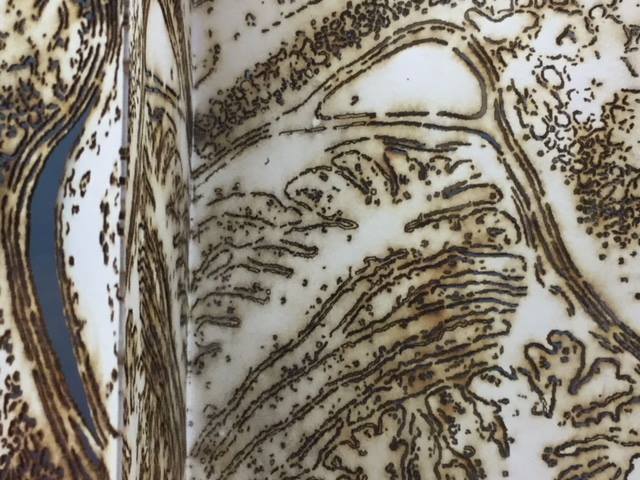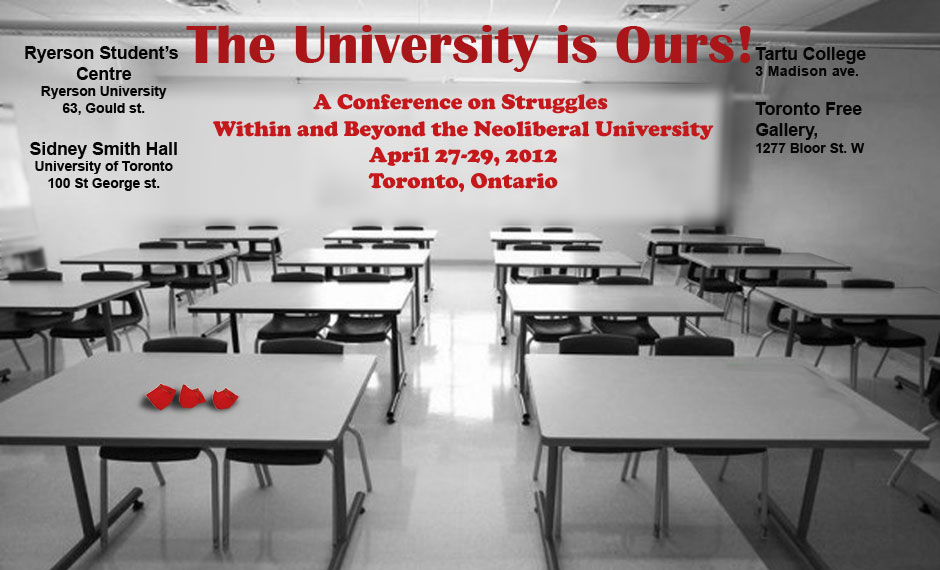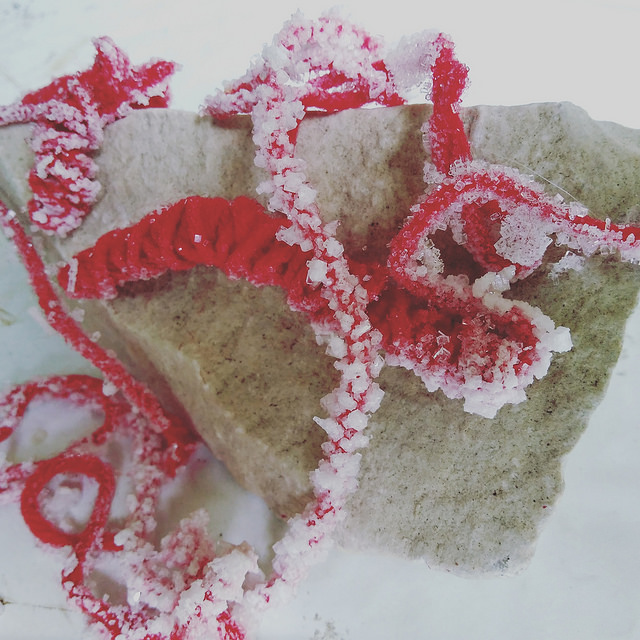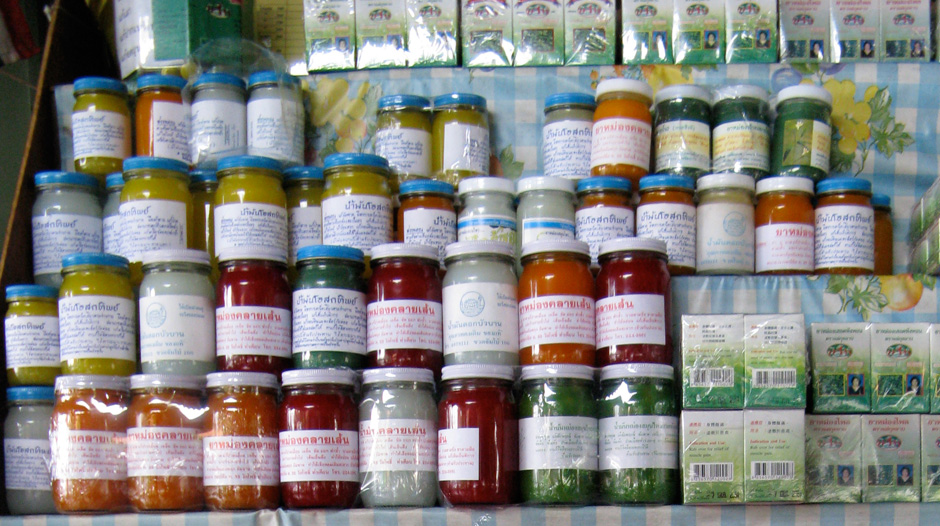Following a call for proposals for a special session On human enhancement and genome editing: the scope of Art & Science (within GeNeDis 2018 Conference), I joined instigators Dalila Honorato, Interactive Arts Lab @Department of Audio & Visual Arts, Ionian University, and Antonia Plerou, Bioinformatics and Human Electrophysiology Lab @Department of Informatics, Ionian University, with a proposal composed of a panel Gene editing, sexual reproduction and the arts: the present, the future and the imagined and an exhibition Edited – Reimagining sexual reproduction, fertility, and the future. In the present….
The scope was to organized to provoke the dialogue between both sides of the research spectrum, science and art, and hopefully, to incite new ideas concerning future inquiring possibilities and collaborations)


The Panel
In recent years, popular culture has been graced with countless news announcing new developments in genome editing. While many experiments are still in their early stages, media seem to be already very excited about the potentials that genome editing could bring. Often betraying a sensationalist and triumphant tone, news often focuses on the potentials that these developments will have for the betterment of the human species: the eradication of disease; the extension of life; the improvement of the body and its appearance etc.. the future looks hopeful and unproblematic according to these accounts. On the opposite end of the spectrum, pessimists see in these developments a potential worsening of the human condition: are these developments safe? What are the ethical implications? Who will these developments benefit? Given today’s social divisions and cultural conflicts, these voices predict a rather bleak future and warn against the pursuit of innovation at any cost.
What these radically opposed positions share is that they all tend to make predictions and look at the future: a shiny, beautiful, perfect future on the one hand, and a bleak, problematic and battled future on the other. With this panel, it is proposed to take a step back: before we look at what genome editing will bring us in the future, how about we look at the present? In particular, it is asked: what are the unresolved issues in the present that we should address before launching ourselves into the future? Can we find interesting ways to draw attention to them and re-dress how they are currently treated through creative interventions? More specifically, we would like to explore issues regarding sexual reproduction, fertility, and sexual technologies: we argue that artistic interventions pertaining to these topics, in addition to raising awareness about sexism, sexual rigidity and the medicalization of the body, may be suggestive of ways in which we might rethink the role of human enhancement and genome editing in the sciences as well as everyday life.

Byron Rich and Liz Flintz: Epicurean Endocrinology 
Adam Zaretsky : Centisperm 
Andrew Carnie: UnFolding Sheets
The Exhibition
The potentials of genome editing techniques have brought us predictions and critiques that couldn’t look any different: shiny, beautiful, perfect and disease-free prospects of life on the one hand, and a bleak, problematic, segregated, and battled future on the other. These are all projections that look at a maybe-not-so-distant future. But what about the present?
In the exhibition “edited”, four artists rethink the future by critically reflecting on the present. Focusing on themes revolving around sexual reproduction, fertility and sexual technologies, their artworks question unresolved issues in the present that we should address before launching ourselves into the future. Can we find interesting ways to draw attention to them and re-dress how they are currently treated through creative interventions?
In addition to raising awareness about sexism, sexual rigidity and the medicalization of the body, each of these artworks suggests ways in which we might address, redress, hack and reimagine gynecological practice, hormonal management, human enhancement and sexual and cultural identity through the arts.
the Artists
Andrew Carnie, UnFolding Sheets
Samira Daneshvar, Armamentarium of (counter) creation
Byron Rich & Liz Flyntz, Epicurean Endocrinology, Cooking Sex
Adam Zaretsky, centiSperm, mutaFelch, biPolar Flowers.



